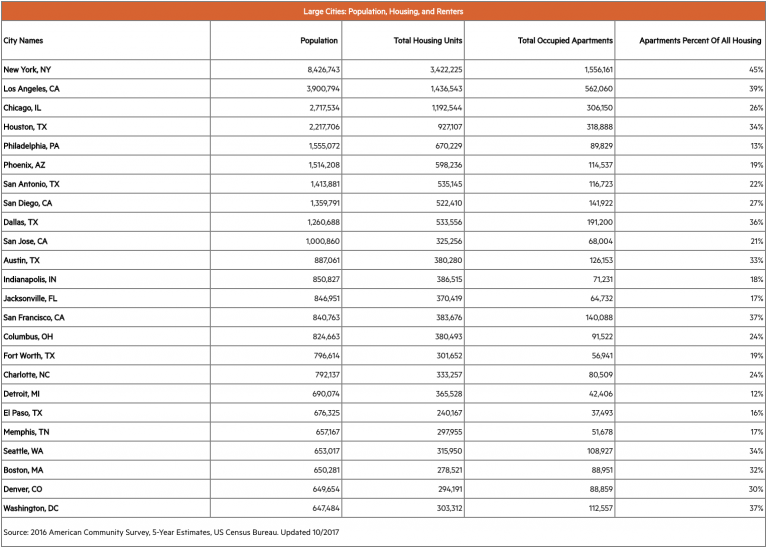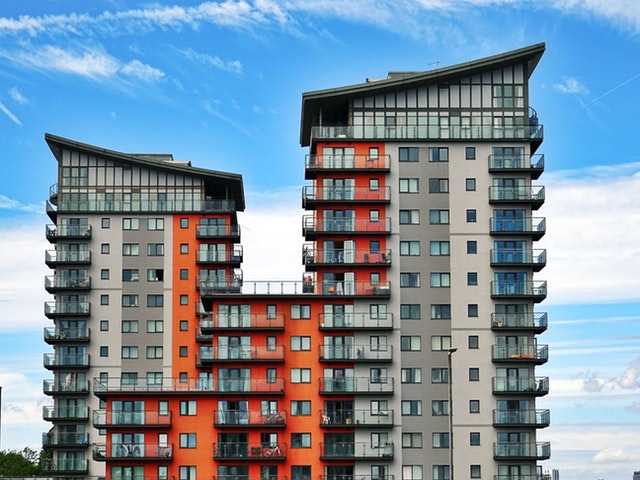Buying apartment buildings is one of the best investments which gives the chance to earn multiple incomes; In addition, it acts as a bridge to someone who wants to advance into real estate. Apartment building investment is considered a lucrative opportunity and when it is well financed it can easily transform someone’s future drastically.
Steps to purchasing apartment complexes
Since Apartment buying involves deeper understanding on the management and financial aspects, there are seven steps to be followed;
1) Decide on whether buying the apartment is a good decision to take
Make sure that this decision is the right investment strategy to take even before starting the investment. Comparisons among other strategies like multifamily properties, and single-family homes must be considered first. This is because apartment building requires more time, more research, more capital to start and other additional expenses. Cons and pros are to be weighed as well before buying apartments.

2) Choose the type of apartment to buy
To do this one has to consider firstly, their financial and personal criteria for the purchase, the level of risk and ambition threshold since the two will always affect the investments considered. Mainly the return on investment and the number of units the investor is seeking are the main considerations. Secondly, the investor has to be aware of the classes of apartments as apartment buildings come in variety forms.
The classes range from class A to class D. Most individual investors buy the class B and C this is because their prices are lower compared to the class A properties. Class D requires intensive management and many renovations therefore not considered. Thirdly, the investor has to consider their returns on the investment when buying the apartment complex. Investors will consider larger buildings as they can produce more income, although they require larger upfront capital.
In addition, the larger the building, the larger number of units and hence the more cash flow and more profits.
3) Locate the apartment to buy
Firstly, the investors have to do the search on their own the apartment to purchase. Although the search is time consuming, it is very productive at the end. When it is done in person by the investor, it is very likely that they will get favorable terms from the seller when working directly without the agents in between.
However, it is advisable to join a local real estate investment association that allows you to network with other investors. With this the investor can meet other investors who have buildings for sale or they know other investors who have apartments for sale. Thirdly, the investor can consider using a broker who can be a great source of potential deals.
4) Evaluate the apartment and the neighborhood
Consider the size and number of units that the apartment can accommodate. The size is considered in terms of the square footages, baths, number of bathrooms among other factors. On the same studio units are difficult to rent outside high population areas.
Note the apartment amenities as they help to drive the interest in the property. These include; dryers, washers, packing, garages, gyms, swimming pools among others.
The investor needs to pay attention to all the construction details, for example, the flat roofs which tend to breed problems like roof leakages, old plumbing systems especially when the building is more than three decades old the owner has to be prepared to repair it constantly or replace them as the old pipes are worn out.
In the old buildings there are some shared systems such as common electricity and common water, which will mean the owner has to pay the cost and absorb it from the rent or opts to prorate it among the tenants. In addition, the investor has to examine the basic numbers like rent roll, cost per unit and occupancy rate before purchasing the apartment.

5) Make an offer for the apartment
The investor has to get an appraisal for the apartment either by the market value approach where they look at other similar properties and the selling prices to determine the market value. Secondly, the replacement cost approach can be used which examines the amount it would cost on the basis of per square footage to build a similar building. Lastly the investor can use the income approach which uses the net operating income and the local capitalization rates to calculate the value of investment.
6) Finance the purchase of the apartment
As opposed to residential lending, commercial lending is what investors use with seller financing, private loans and conventional loans. Keep reading for which apartment building lenders are trustworthy.
7) Close on the purchase
To do this, the investor has three things to consider .Select an escrow agent who helps to close the transaction. In some countries the attorney general is used while in other countries companies are used instead. They help the investor in protecting their ownership.
The investor should close the apartment on a financially advantageous day. Lastly, the investor has to ensure that the security deposits are properly transferred because when close is done the security deposits become the responsibility of the investor.
Pros of purchasing Apartment complexes.
Firstly, there are the recurring incomes that emanate from buying the apartments. When the deal is right, a good apartment will throw off monthly income recurrently giving back a positive cash flow to the owners. The maintenance cost is drastically low of an apartment complex as the economies of scale work favoring the owner. For example, to repaint the apartment same paint can be used for multiple units and the paint is not wasted compared to if it was done on one unit’s need.
Apartment buildings are sources of extra income. The larger it is the more the additional sources of income. For example, renting the parking spaces, billboard advertising spaces, vending machines, coin-operated laundry facilities and ATMs, among others. Fourthly, unlike other investments like the family property, the financing for buying apartment buildings is mainly based on the financial performance of the apartment as opposed to the credit situation of the owner and personal financial situation.
In case the owner wants a loan from the bank, the bank only checks the financial situation of the building only putting aside the owner who might be in a financial constraint.
Cons of purchasing apartment complexes
Apartment complex requires intensive management and calls for employment of managers to man the apartments because the owner cannot manage it all alone especially when the building is larger than four units. The hiring of professional managers becomes an additional cost and the supervision of the manager is another task too. Mostly the managers will take 10 to 20 percent of the gross rents per month.
The tenants‘ turnover is another challenge, the owner is considered lucky if the tenant stays for more than one year in the housing. Many things have to be considered for the tenants to come in. For example, the availability of an affordable school where children can attend for studies, among other factors. The owner has to take up the advertisement task for new occupants almost throughout.
The tenants are not in most cases careful on how they handle the property in the building such that when it comes to repairing and maintenance; the owner is likely to incur much cost as the damages are beyond normal tear and wear. In addition, the maintenance cost is very high, for instance, when replacing the plumbing system of a six story building is more expensive compared to an entirely big house.

Mistakes not to make when buying apartment buildings
The investor should never buy an apartment solely based on future appreciation as this is usually a mere guess and may not happen in future and hence a failure. Most investors buy apartments based on the current cash flow. It is not advisable to take a recourse debt because when there is a default on the mortgage, in most cases the bank can force close the property.
The apartment should not be bought in the name of the investor this is because the creditors have the authority to seize the personal property of the investor in case the investor is unable to satisfy the debts. The investor should not mix their personal assets with the apartment property, as the court can allow the creditor to access the property of the investor in case they are unable to settle their debts. In addition, it is not advisable for the investor to self-manage the property unless they are experienced with the property management.
Many investors face this problem as they don’t want to incur more expenses of paying hired managers. Moreover, the manager should never try to upgrade the apartment to meet their lifestyles, this is because that of the tenants might be slightly lower and hence have the challenges of paying the rent or go on losses not to meet the expenses of the apartment. Finally, the investor should not think that they can naturally do the apartment building job in their spare time.
For more information on apartment loans, feel free to contact us today! Or if you are interested in learning about multifamily housing loans, then read our guidelines on apartment building financing.







